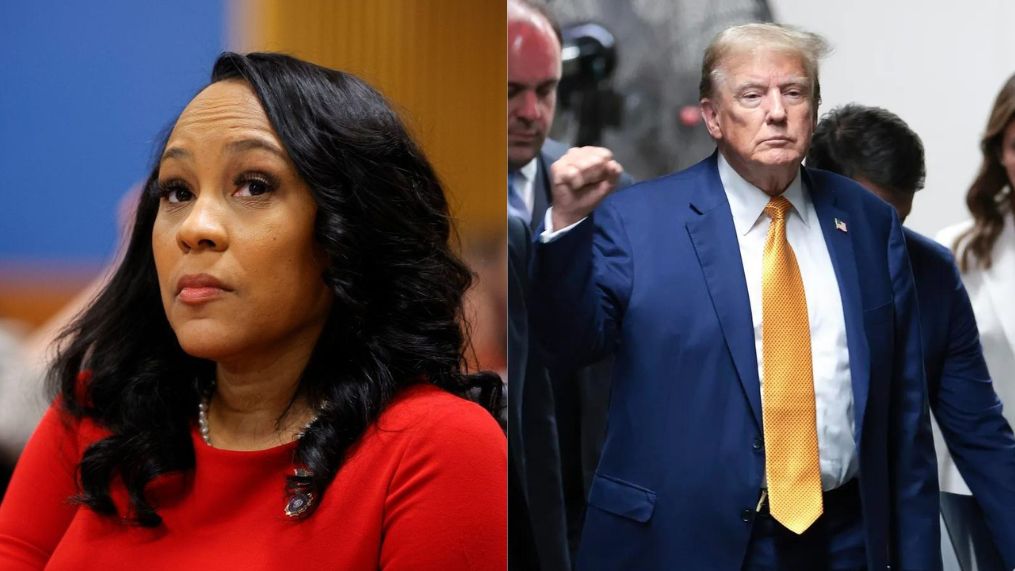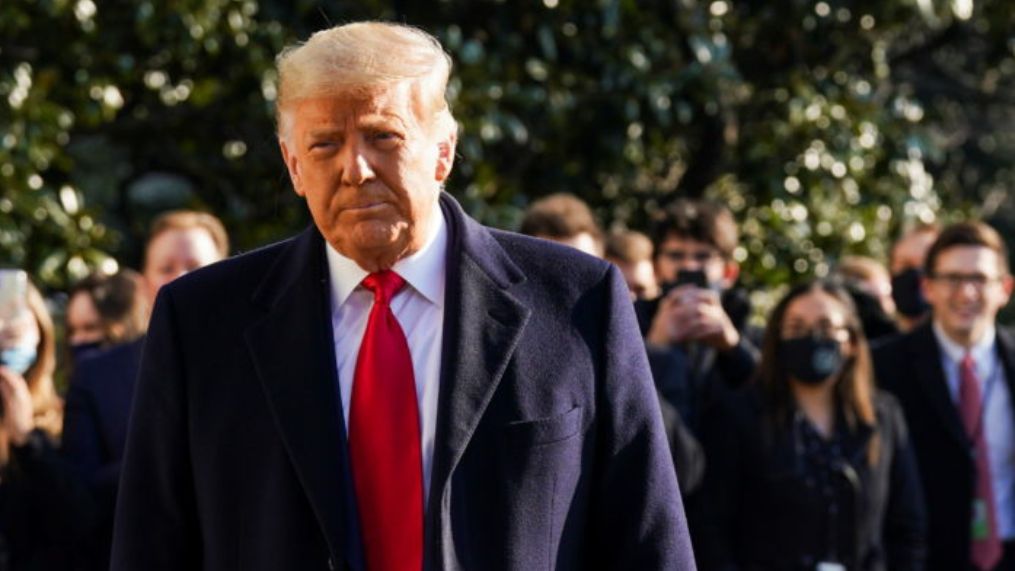In another development of his legal battles, former President Donald Trump secured a win as a Georgia appeals court agreed to hear his plea to disqualify the district attorney prosecuting him for actions related to overturning the state’s election results.
This decision prolongs the legal saga, influenced by the romantic relationship between Fani Willis, Fulton County‘s district attorney, and a former top deputy, cited by defense attorneys to undermine the case.
The appeal’s acceptance extends the timeline for resolution, indicating that a trial won’t occur before the November 5 election.
A federal trial in Florida, where Trump faces charges of mishandling classified documents, was indefinitely postponed by a judge appointed by him.
Trump’s assertion of immunity from prosecution for actions during his presidency adds complexity. This legal battle in Georgia, coupled with stalled federal cases, increases the likelihood that only the New York trial, regarding hush money payments, will reach a jury before the election.

Trump’s legal team and co-defendants in the Georgia case sought to disqualify Willis due to her relationship with a lawyer hired for the investigation.
They argue this poses a conflict of interest, coupled with allegations of Willis suggesting racial motivations among defendants.
While Willis denies any misconduct and asserts the relationship began after the lawyer’s hiring, the case’s resolution remains uncertain.
The possibility of appeals and legal proceedings suggests a protracted timeline, potentially extending past the election.
These legal maneuvers intersect with political implications. Trump’s ability to order federal case dismissals if he returns to the presidency contrasts with the constraints on state cases.
A majority of voters deem it important for Trump’s trials to occur before the election, underscoring the broader significance of these legal battles.




